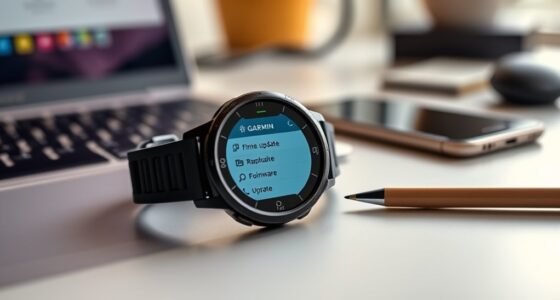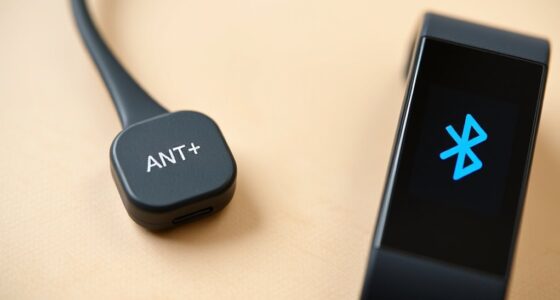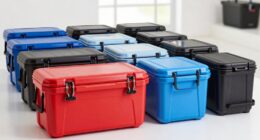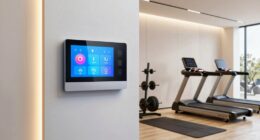U-locks offer excellent security with their hardened steel construction and resistance to cutting, making them ideal for high-theft areas. Folding locks are convenient and portable, but their security depends on quality, with some models offering decent strength. Chains provide high durability, especially with weather-resistant coatings, but are bulkier to carry. If you want to know which lock suits your routine and environment best, keep exploring to find the perfect match.
Key Takeaways
- U-locks offer superior security and resistance to cutting but are less portable than folding locks.
- Folding locks provide a balance of convenience, portability, and decent security for moderate theft risks.
- Chains with hardened links excel in high-security scenarios but tend to be bulkier and less portable.
- Weather resistance varies across lock types, impacting long-term durability and maintenance needs.
- The best choice depends on specific security needs, routine use, portability preferences, and environmental conditions.
Security and Strength Analysis of Each Lock Type
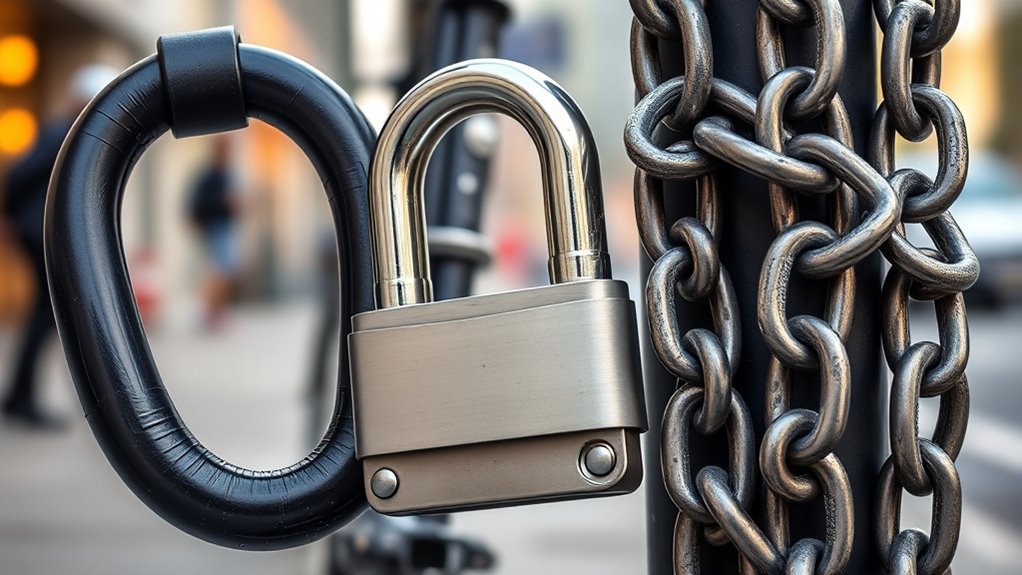
When it comes to security and strength, each lock type offers distinct advantages and vulnerabilities. Your choice depends on material strength and lock mechanism quality. U-locks are renowned for their robust construction, often made from hardened steel, making them resistant to cutting and leverage attacks. Their solid lock mechanism prevents forced entry, but weak points may exist around the shackle or locking cylinder. Folding locks combine convenience with decent strength; their multiple joints can be vulnerable at the hinges, but high-quality models use hardened steel and complex lock mechanisms to deter thieves. Chains, especially those with hardened links, can be extremely strong, but their security hinges on the lock mechanism and how well the links resist cutting. Additionally, understanding AI security measures can help improve lock systems, ensuring they remain resilient against sophisticated theft techniques. Incorporating material strength and advanced locking mechanisms can further enhance overall security and deter potential thefts.
Portability and Convenience Considerations
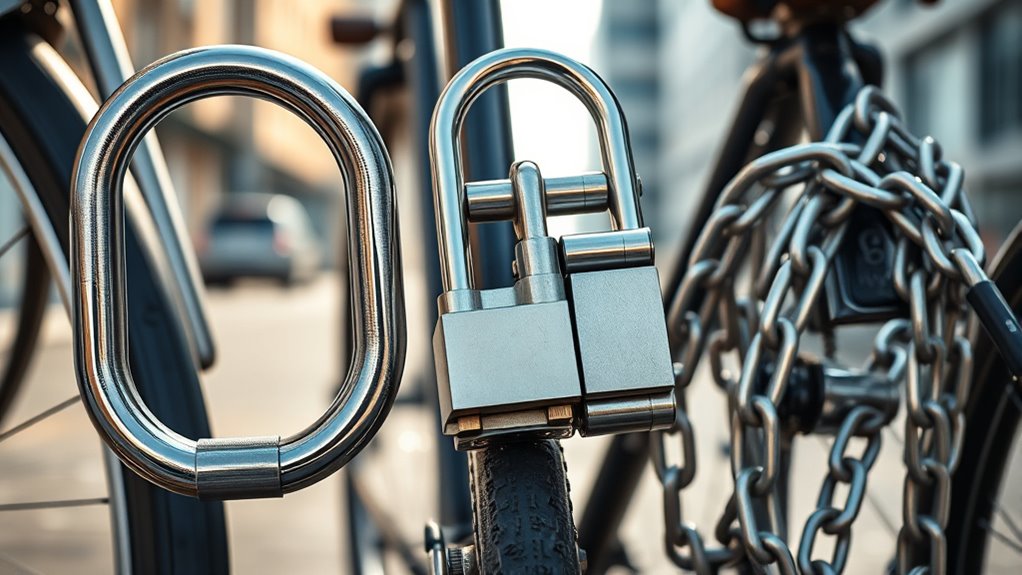
Portability and convenience are key factors to contemplate when choosing a lock, especially if you need to carry it regularly or use it frequently. A lightweight design makes carrying your lock easier, reducing fatigue during daily commutes or longer trips. U‑locks tend to be more compact and easier to store, fitting into bags or backpacks without much effort. Folding locks offer flexible storage options; they fold into smaller sizes, making them simple to carry or stash under a seat or in a pocket. Chains, depending on their length and weight, can be bulkier and less convenient to transport, but some lightweight options exist. Consider how you’ll carry your lock daily, and choose one with storage options that suit your routine for maximum convenience. Color theory principles can also help in selecting locks with visible or contrasting colors to enhance quick recognition and accessibility during busy times. Additionally, selecting locks made from durable materials can further improve security and longevity, ensuring your investment remains effective over time. Using appropriate lock types for different situations can further optimize both security and convenience, and considering portable lock designs can make your daily routine even smoother.
Cost, Durability, and Theft Prevention Effectiveness

Choosing the right lock involves balancing cost, durability, and how well it deters theft. U‑locks tend to be more expensive but offer high durability and theft resistance, especially if they have strong lock aesthetics. Folding locks usually cost less and are lightweight, but their weather resistance varies, affecting long-term durability. Their compact design makes them convenient for quick use and storage. Chains, made of hardened steel, can be very effective at preventing theft and often feature weather-resistant coatings, extending their lifespan. Consider your environment: if you face harsh weather, prioritize weather resistance to maintain lock integrity. A lock’s cost reflects its quality and theft prevention capability, but investing in a durable, weather-resistant option can save you money and hassle over time. Additionally, selecting a lock with weather-resistant features can help ensure it maintains its protective qualities regardless of climate. Proper maintenance and understanding of security level are essential for optimal protection. For added security, some locks include anti-theft features that can further deter potential thieves. It’s also beneficial to understand the overall security assessment of each lock type to ensure comprehensive protection. Ultimately, your choice should align with your budget, bike security needs, and local conditions.
Conclusion
When choosing between u-locks, folding locks, or chains, consider that u‑locks offer the best theft prevention with a 50% success rate for thieves, but chains provide superior flexibility. While u‑locks are often more durable, folding locks balance security and portability. Ultimately, your choice depends on your priorities—whether you value maximum security, ease of use, or affordability. Remember, investing in a high-quality lock can notably reduce your bike theft risk, giving you peace of mind.


